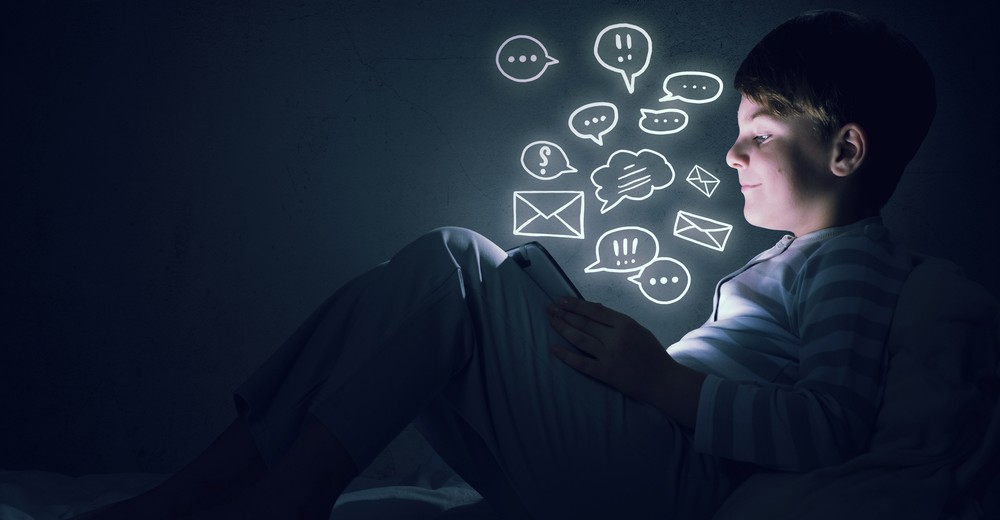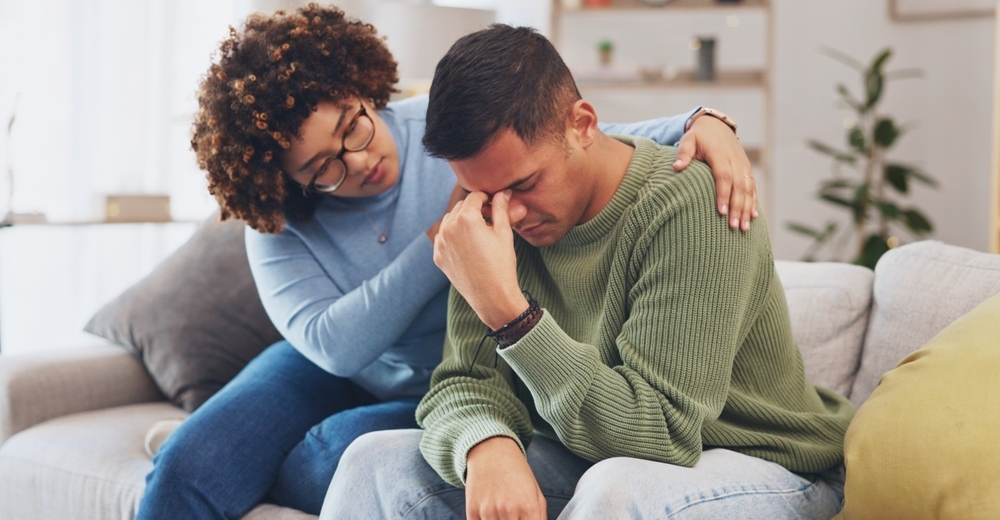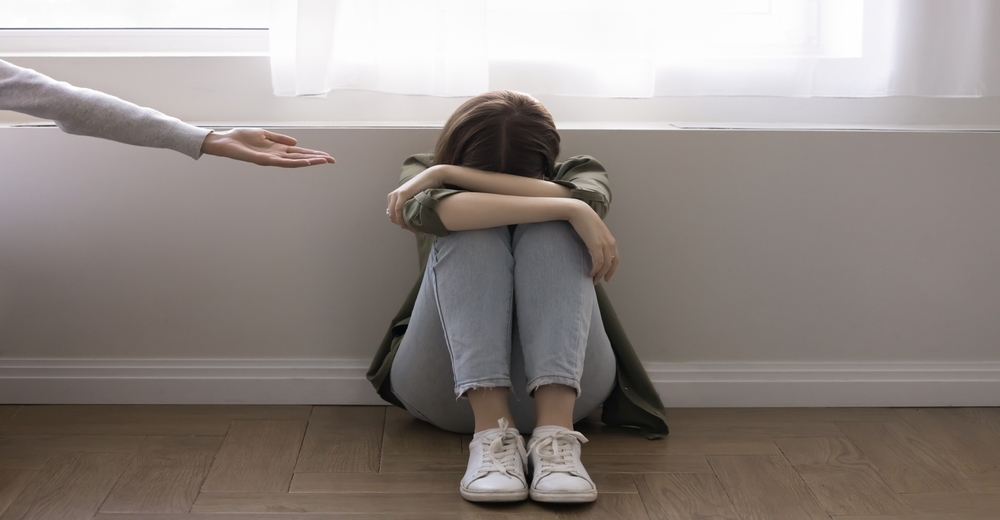Social media has become an integral part of our daily lives, offering opportunities for connection, entertainment, and self-expression. However, its impact on mental health is a topic of growing concern. While social media can foster positive experiences, it also has the potential to harm emotional wellbeing. In this article, we’ll explore the dual nature of social media, its effects on mental health, and practical tips for using it mindfully.
The Positive Effects of Social Media on Mental Health
Social media isn’t all bad—it can have several benefits for mental health when used responsibly:
1. Connection and Community
- Social media allows people to stay connected with friends and family, regardless of distance.
- It provides a platform for building communities around shared interests, hobbies, or causes.
2. Support and Encouragement
- Online support groups and forums offer a safe space for individuals to share their experiences and seek advice.
- Social media can provide encouragement and motivation through positive interactions and uplifting content.
3. Awareness and Education
- Social media raises awareness about mental health issues and reduces stigma through campaigns and discussions.
- It provides access to educational resources, self-help tools, and professional advice.
4. Self-Expression and Creativity
- Platforms like Instagram, TikTok, and YouTube allow users to express themselves creatively and share their talents.
- This can boost self-esteem and provide a sense of accomplishment.
5. Access to Help
- Social media can connect individuals with mental health professionals, hotlines, and crisis support services.
- It serves as a valuable tool for reaching out during difficult times.
The Negative Effects of Social Media on Mental Health
Despite its benefits, social media can also have harmful effects on mental health:
1. Comparison and Envy
- Constant exposure to curated, idealized versions of others’ lives can lead to feelings of inadequacy and low self-esteem.
- Comparing yourself to others can fuel envy, dissatisfaction, and anxiety.
2. Cyberbullying and Harassment
- Social media can be a breeding ground for bullying, trolling, and hate speech.
- Negative interactions can lead to emotional distress, depression, and even suicidal thoughts.
3. Addiction and Overuse
- Excessive use of social media can lead to addiction, disrupting sleep, productivity, and real-life relationships.
- The constant need for validation through likes and comments can create unhealthy dependencies.
4. Fear of Missing Out (FOMO)
- Seeing others’ highlight reels can trigger FOMO, making individuals feel left out or excluded.
- This can lead to anxiety, stress, and a sense of disconnection.
5. Misinformation and Harmful Content
- Social media can spread misinformation about mental health, leading to confusion or harmful practices.
- Exposure to triggering or harmful content can worsen mental health conditions.
How to Use Social Media Mindfully
To harness the benefits of social media while minimizing its negative effects, consider these practical tips:
1. Set Boundaries
- Limit your time on social media by setting daily or weekly usage limits.
- Use apps or features that track and restrict screen time.
2. Curate Your Feed
- Follow accounts that inspire, educate, or uplift you.
- Unfollow or mute accounts that trigger negative emotions or comparisons.
3. Take Regular Breaks**
- Schedule social media detoxes or digital-free days to recharge and refocus.
- Use this time to engage in offline activities that bring you joy.
4. Be Selective About Sharing**
- Share content that reflects your authentic self, rather than seeking validation through likes or comments.
- Avoid oversharing personal information that could compromise your privacy.
5. Engage Positively**
- Use social media to connect with others in meaningful ways, such as leaving supportive comments or joining positive communities.
- Avoid engaging in arguments or toxic interactions.
6. Educate Yourself**
- Learn to recognize misinformation and harmful content.
- Seek out credible sources for mental health information and resources.
7. Prioritize Real-Life Connections**
- Balance online interactions with face-to-face connections and activities.
- Nurture relationships with friends and family outside of social media.
8. Seek Help if Needed**
- If social media is negatively impacting your mental health, consider talking to a therapist or counselor.
- They can help you develop healthier habits and coping strategies.
The Role of Social Media Platforms
Social media platforms also have a responsibility to promote mental health and wellbeing. Here’s how they can contribute:
- Implement Safety Features: Provide tools to report bullying, harassment, or harmful content.
- Promote Positive Content: Highlight uplifting and educational content about mental health.
- Encourage Breaks: Introduce features that remind users to take breaks or limit screen time.
- Combat Misinformation: Partner with mental health organizations to ensure accurate information is shared.
Social media is a double-edged sword when it comes to mental health. While it offers opportunities for connection, support, and self-expression, it can also lead to comparison, cyberbullying, and addiction. By using social media mindfully and setting healthy boundaries, you can enjoy its benefits while protecting your emotional wellbeing. Remember, your mental health is more important than any like, comment, or follower count. Start implementing these strategies today and create a healthier relationship with social media.



